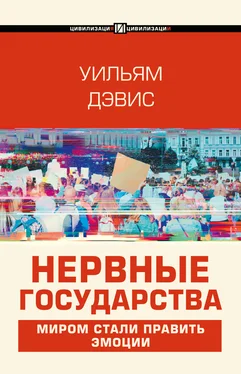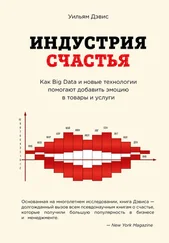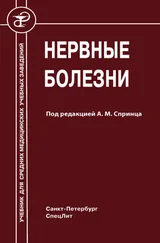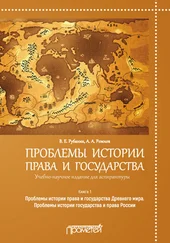“DIA worried Soviets might try to ‘intercept’ them”, Muckrock, 23 March 2017.
Facebook won’t say if they’ll use your brain activity for advertisements”, Intercept, 22 May 2017.
Цит. в T. Rid (2017), Rise of the Machines: The Lost History of Cybernetics, Scribe, p. 63.
“Putin says the nation that leads in AI ‘will be the ruler of the world’”, Verge, 4 September 2017.
“On Internet privacy, be very afraid”, Harvard Gazette, 24 August 2017.
P. O’Neill (2016), Weapons of Math Destruction: How Big Data Increases Inequality and Threatens Democracy, Penguin.
“Advances in AI are used to spot signs of sexuality”, Economist, 9 September 2017.
“Putting a finger on our phone obsession”, dscout, 16 June 2016.
“Tech is becoming emotionally intelligent and it’s big business”, SingularityHub, 2 November 2017.
“The Age of AI Surveillance is here”, Quartz, 27 August 2017.
F. Maschewski & A. Nosthoff (2017), “Order from Noise: On Cambridge Analytica, Cybernetic Governance and the Technopolitical Imaginary,” Public Seminar, 20 March 2017.
This essential problem, of how to cope with overabundant information, is explored by M. Andrejevic (2013), InfoGlut: How Too Much Information Is Changing the Way We Think and Know, Routledge.
O’Neill (2016).
“Facebook told advertisers it can identify teens feeling “insecure” and ‘worthless’”, Guardian, 1 May 2017.
Google Transparency Project (2017), “Google Academics Inc”.
Pew (2017), “Globally, broad support for representative and direct democracy”; 2018 Edelman Trust Barometer.
Pew (2017).
Y. Algan et al. (2017).
Edwards (2010).
B. Weisberg (1970), Ecocide in Indochina: The Ecology of War, Canfield Press.
N. Watts et al. (2017), “The Lancet countdown on health and climate change: from 25 years of inaction to a global transformation for public health”, Lancet, том 391, номер 10120.
P. Hallmann et al. (2017), “More than 75 percent decline over 27 years in total flying insect biomass in protected areas”, PLoS ONE, 12(10).
R. Nixon (2011), Slow Violence, Harvard University Press.
S. Funtowicz & J. Ravetz (1995), “Science for the Post-Normal Age”, Futures, том 25, вып. 7.
Практика, в рамках которой распространение вредоносных идей пресекается путем недопущения их носителей к площадкам, где те могут их высказать; часто сравнивается критиками с обыкновенной цензурой.
«Безопасными пространствами» в образовательных учреждениях называют зоны, где не допускается преследование и насилие в отношении представителей ЛГБТ; часто сравнивается критиками с сегрегацией.
B. McKibben (2016), “We need to literally declare war on climate change”, New Republic, 15 August 2016.
G. Mann & J. Wainright (2018), Climate Leviathan: A Political Theory of our Planetary Future, Verso.
J. Gabrys (2017), “Citizen sensing, air pollution and fracking: From “caring about your air” to speculative practices of evidencing harm”, Sociological Review, том 65, вып. 2.
Edwards (2010).
R. Brooke (2016), How Everything Became War and the Military Became Everything: Tales from the Pentagon, Simon & Schuster, p. 20.
F. Nietzsche (2013 [1889]), Genealogy of Morals, Penguin. [Рус. изд. в составе: Фридрих Ницше, Сочинения в 2-х томах, том 2, М.: Мысль, 1990].
M. Stoller (2016), “How Democrats killed their populist soul”, Atlantic, 24 October 2016.
J. Balkin (2016), “Information Fiduciaries and the First Amendment”, UC Davis Law Review, том 49, номер 4.
F. Pasquale (2016), “Platform Neutrality: Enhancing Freedom of Expression in Spheres of Private Power”, University of Maryland Legal Studies Research Paper номер 2016–24.
A. Hochschild (2016), Strangers in Their Own Land: Anger and Mourning on the American Right, The New Press.
T. Shrecker (2017), “‘Stop, You’re Killing Us!’ An Alternative Take on Populism and Public Health”, International Journal of Health Policy Management, том 6, вып. 11.
Конец ознакомительного отрывка
Купить книгу












